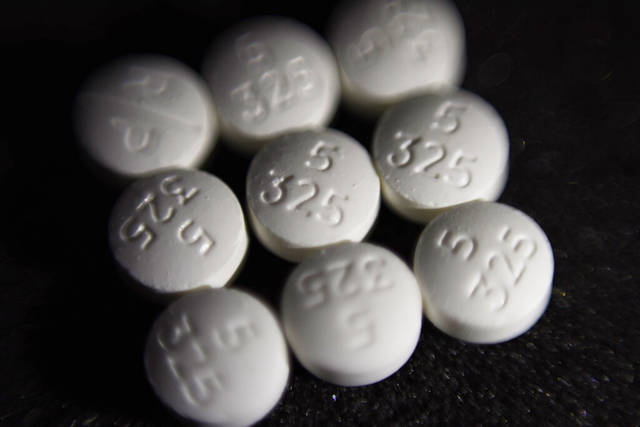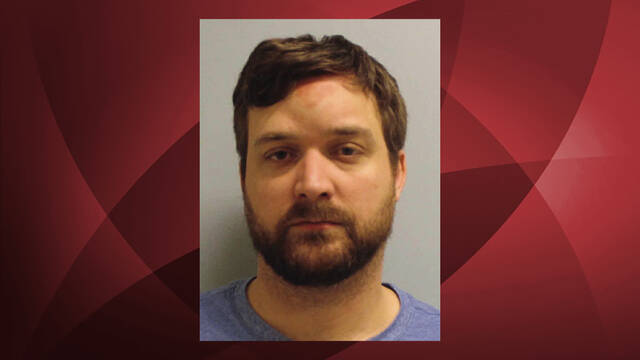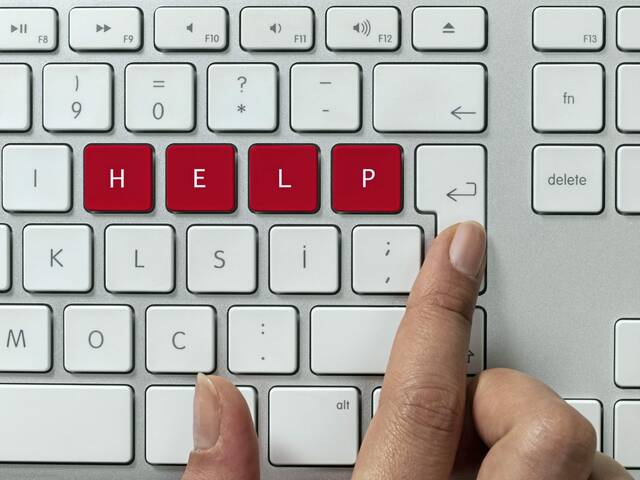Samantha Woollen is staying active in her recovery by talking on the phone with her counselor and participating in virtual Narcotics Anonymous meetings.
But she knows others may not be able to do the same.
“I know some people that don’t have phones … and they really need the help,” she said. “They really count on that one session.”
Isolation during the coronavirus pandemic has been tough at times for the 27-year-old Claridge mother of four who has been clean for nearly three years. Depression can creep in for some in her shoes when stability and routine disappear, she said.
“It can easily trigger somebody to use,” she said. “It’s all about stability and routine, and everybody’s out of their routine.”
Area drug rehabilitation and treatment centers are adjusting their approaches during the pandemic in hopes they can continue to meet the needs of those in recovery and others seeking help. Some have instituted telehealth services. Others are holding meetings in far reduced groups. Cleaning measures have been increased at facilities, and space at some inpatient centers has been designated for taking in new clients.
New patients are being accepted statewide, and substance-use disorder treatment is considered an essential service, said Jennifer Smith, secretary of the Pennsylvania Department of Drug and Alcohol Programs.
“Like many other health care professionals, they’re continuing to provide critical services to individuals during a very stressful and ever-changing time,” she said. “It’s quite an interesting dynamic to be dealing with two public health crises at the same time — the opioid crisis and covid-19.”
Some rules governing treatment providers have been relaxed since the pandemic prompted Gov. Tom Wolf to declare a statewide emergency and order businesses and schools to close while encouraging residents to practice social distancing. Smith said methadone clinics are now permitted to give patients who meet certain criteria a take-home medication supply of up to 28 days. Previously, the amount was capped at 14 days.
Providers also are permitted to offer telehealth counseling through video conferencing or by phone, Smith said.
“I think the field is doing well at adapting and understanding that substance-use disorder requires treatment regardless of the coronavirus,” she said.
Telehealth is one of the things MedMark Treatment Centers has done in Hempfield in an effort to continue the “critical support system” some need to stay sober, director Jennifer Ricciardelli said. Isolation can limit someone’s support system and ability to attend group meetings in person, she said.
“It puts unstable patients at risk for an overdose,” she said.
Woollen, who said she is a MedMark patient, said not having in-person sessions can be difficult for some who prefer face-to-face interaction with a counselor or meeting participant.
“(MedMark employees) have done a really good job to do whatever they can to make it as safe as possible,” she said.
Some patients still go for in-person sessions at Strive Health in Greensburg and Greenbriar Treatment Center, which has facilities in Allegheny, Washington and Westmoreland counties.
About half of the clients at Strive Health are visiting the physical center in downtown Greensburg, said Brian Kephart, clinical director. Others have moved to telehealth.
“We continue to provide patients the option of attending treatment as usual since we believe that face-to-face treatment is most effective,” said Holly Martin, chief operating officer at Greenbriar.
The abrupt new lifestyle many have been learning to live with over the past few weeks can be stressful, Smith said. Isolation can make it difficult to avoid potential triggers or stick with a routine in a treatment protocol that typically calls for building a social network of supports. Smith said she thinks it is “extremely likely” more people could turn to substances to help alleviate anxiety, depression or stress.
“For individuals who are prone or already have existing mental health conditions, you’re looking for ways to make things easier on yourself, and substances are sometimes the answer to that question,” she said.
But treatment providers can work with clients to try to prevent that from happening.
“Time is a big part of this,” Kephart said. “Keeping themselves busy for three hours is great, but what do you do in the fourth hour?”
He and Martin agreed that creating a schedule and sticking to it can be a big help in staying on the right path. Picking up a new hobby, exploring local surroundings and finding new ways to maintain those social supports are key.
“Sitting alone at home and getting lost in your thoughts can be a dangerous road to travel for those in active addiction or those in recovery,” Martin said.
Also, finding purpose in staying at home all the time is important, Kephart said. “You are doing a part. You are doing something meaningful.”
But once the pandemic starts to abate and the emergency is lifted, the same drug problem that existed before all of it started will remain, Smith said.
“When all of this covid-19 starts to decline and America starts to recover from this crisis, that doesn’t change the fact that we’ve still got a substance-use disorder crisis to deal with,” she said.








